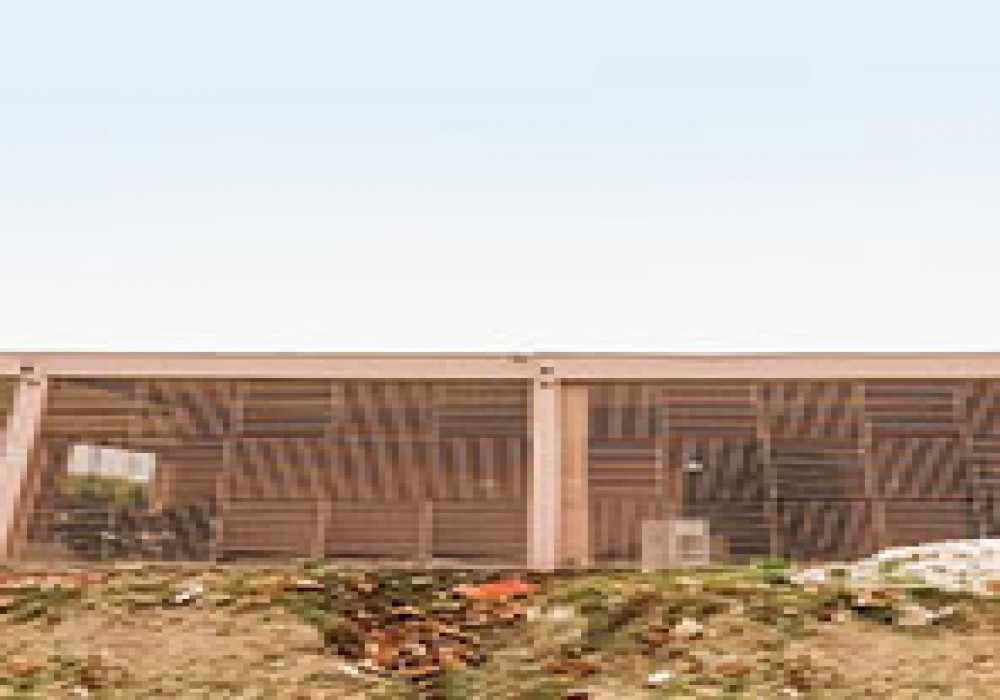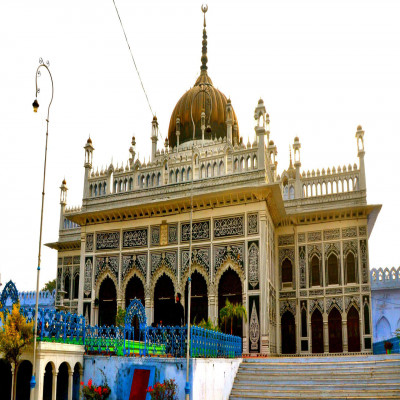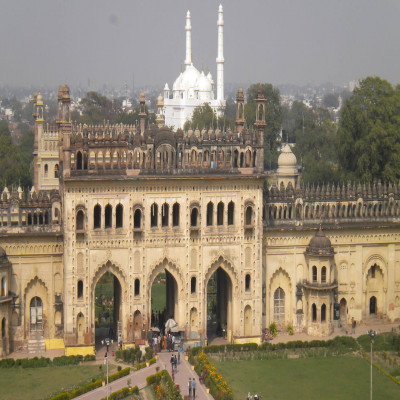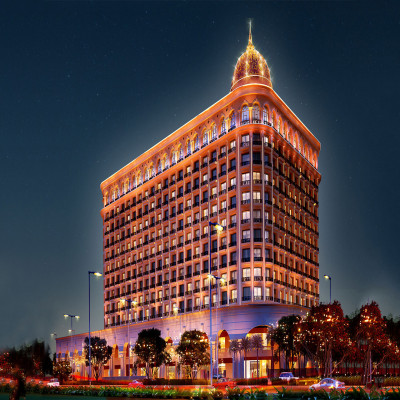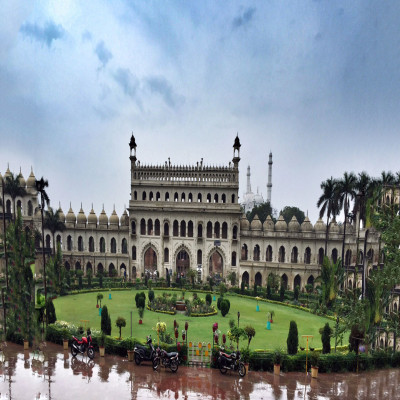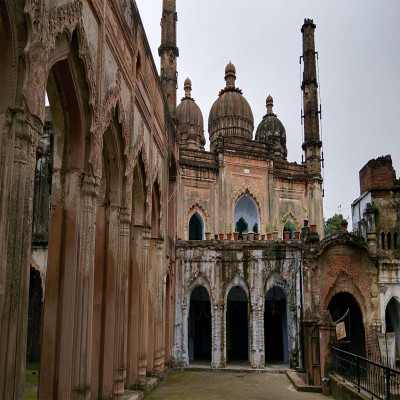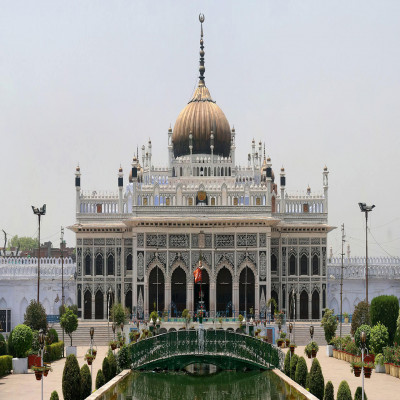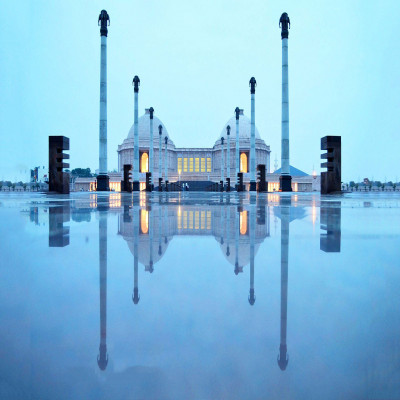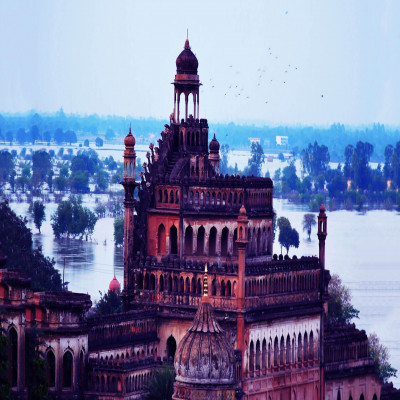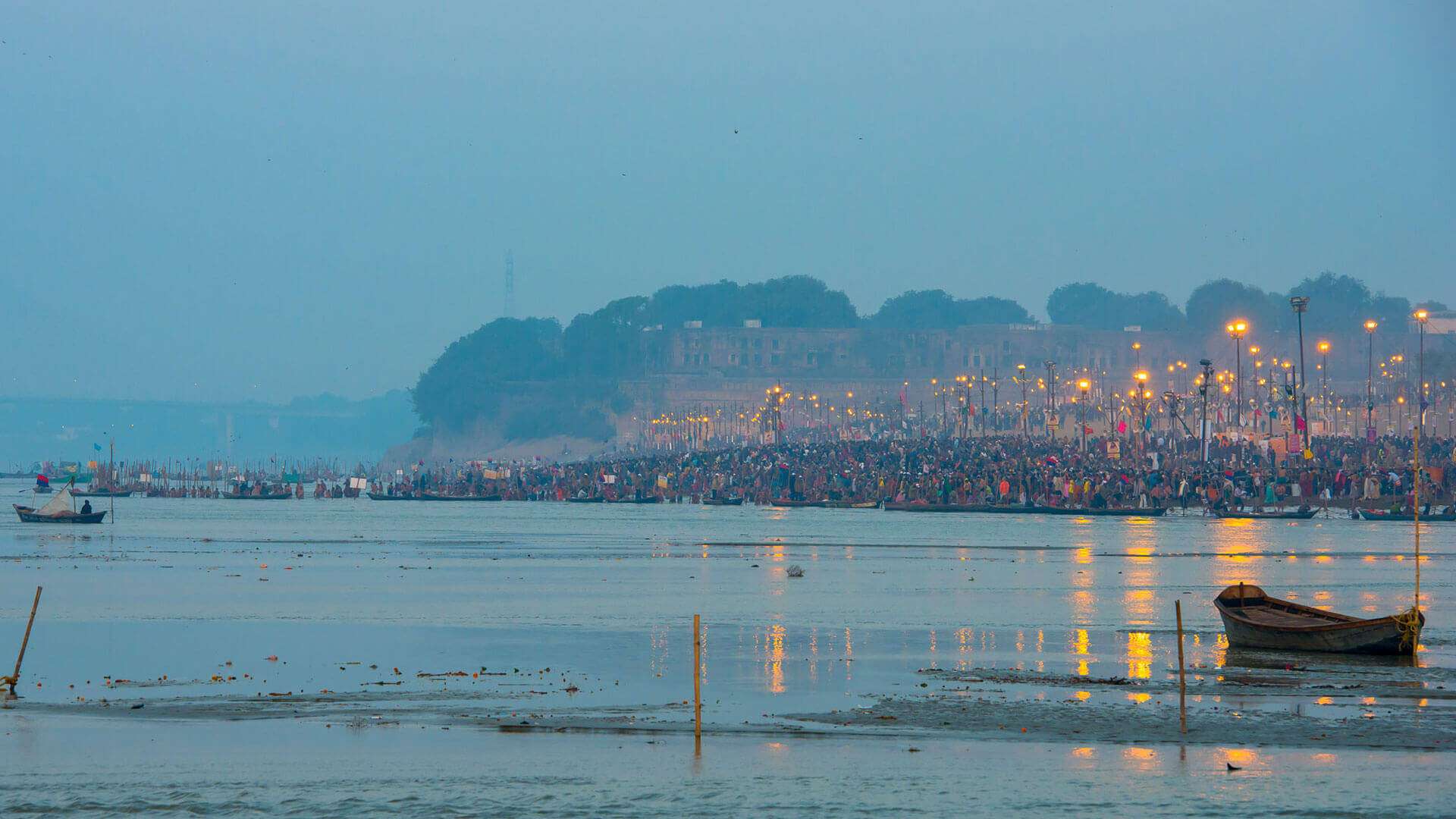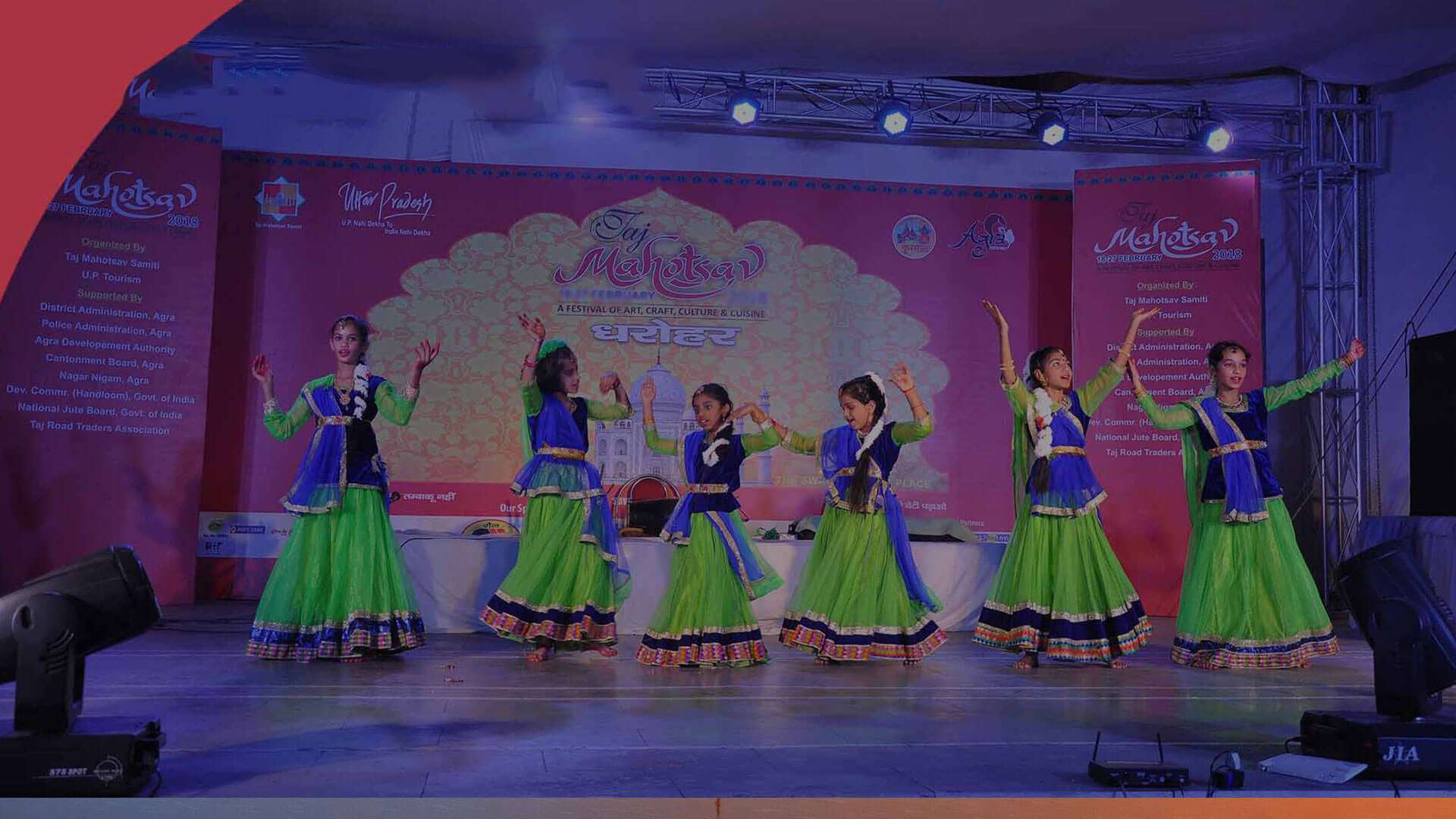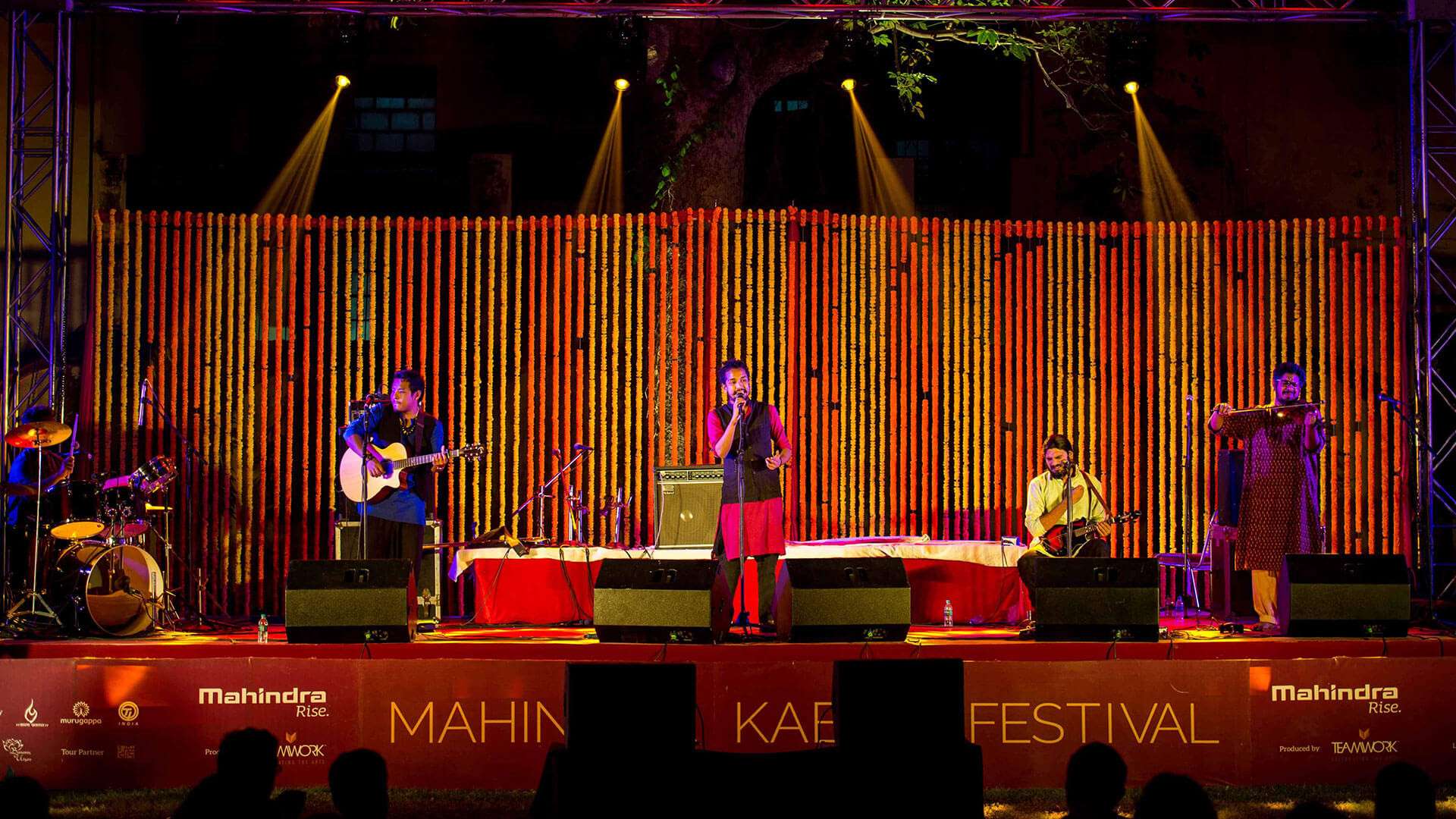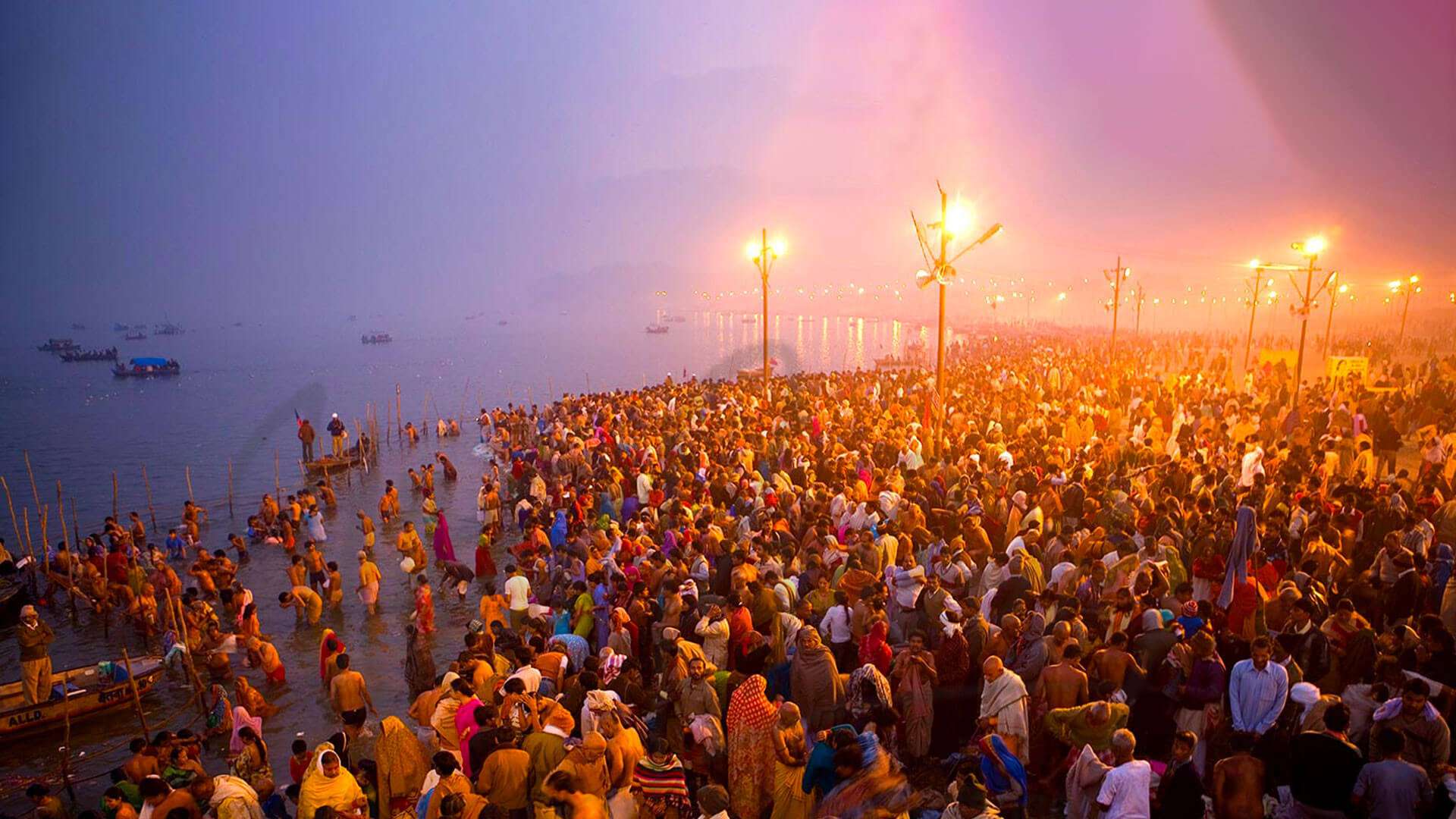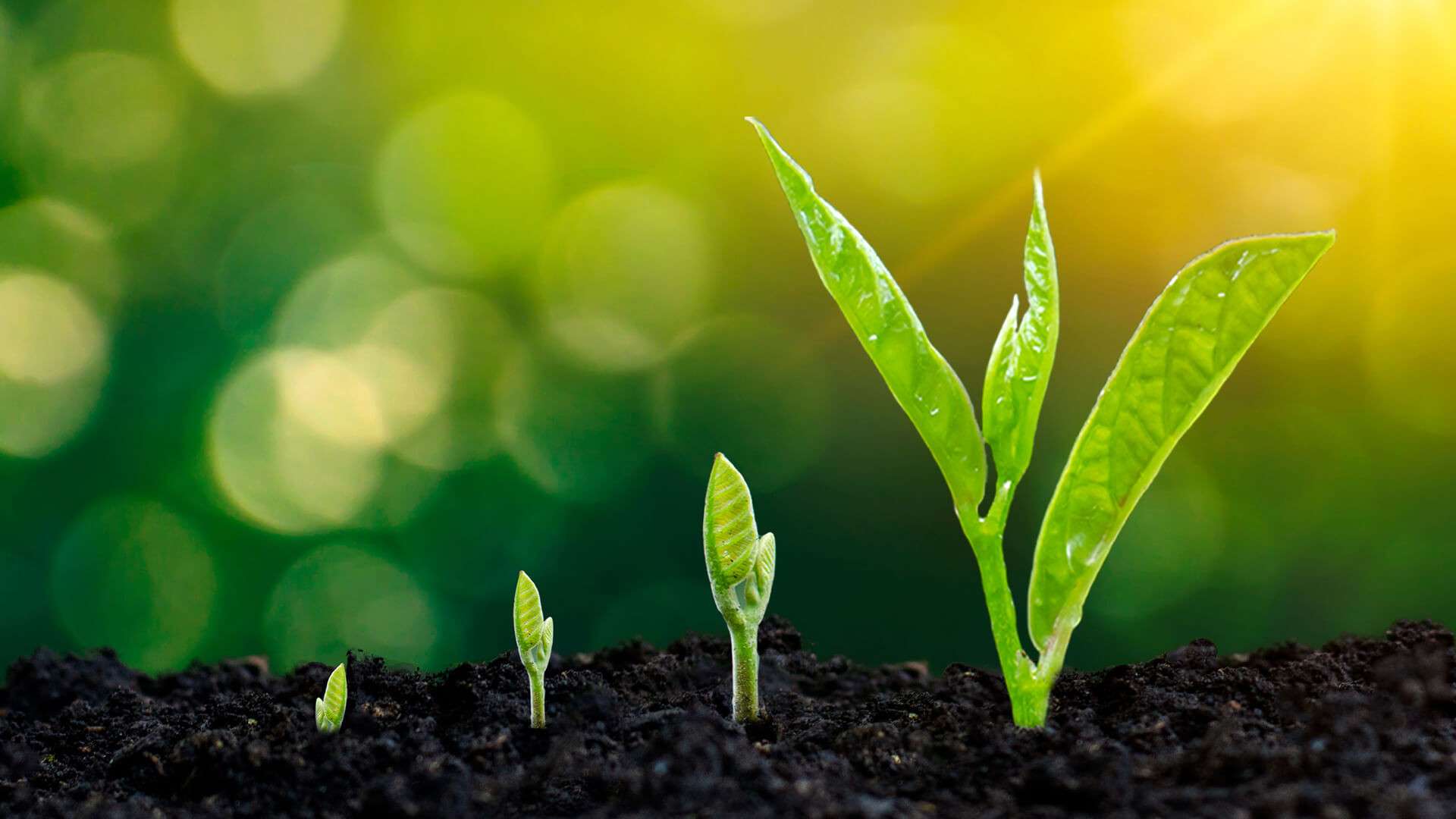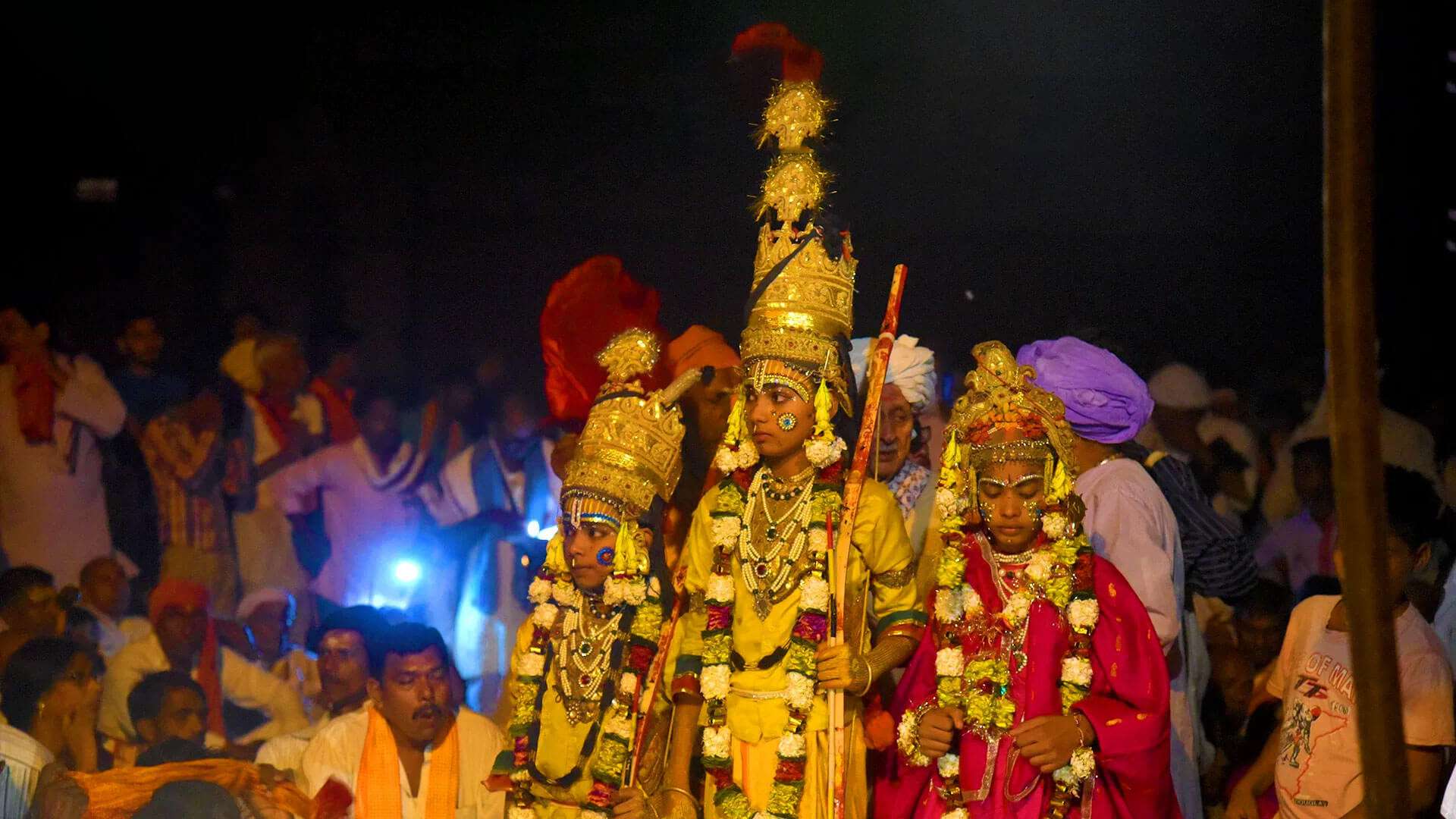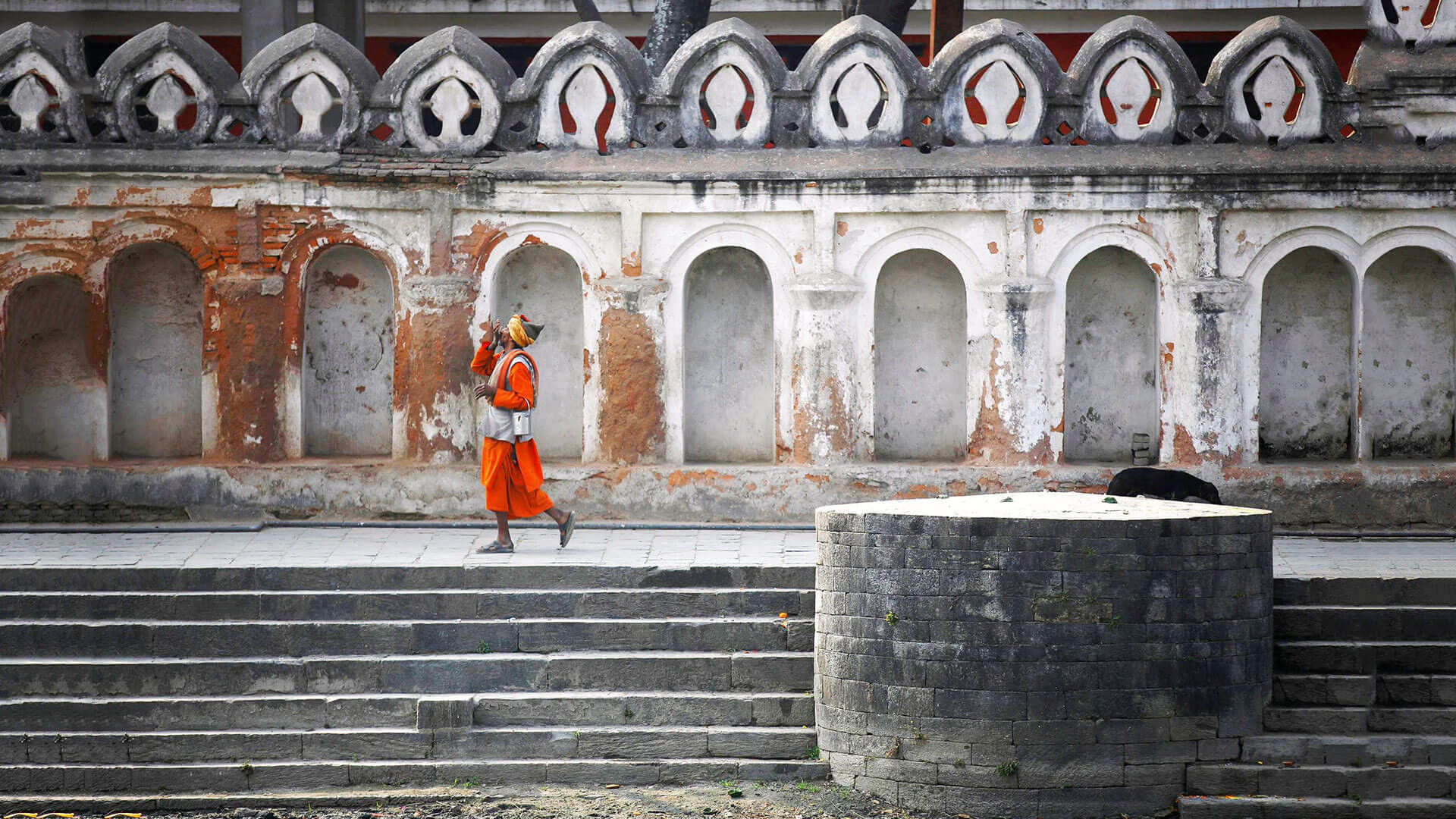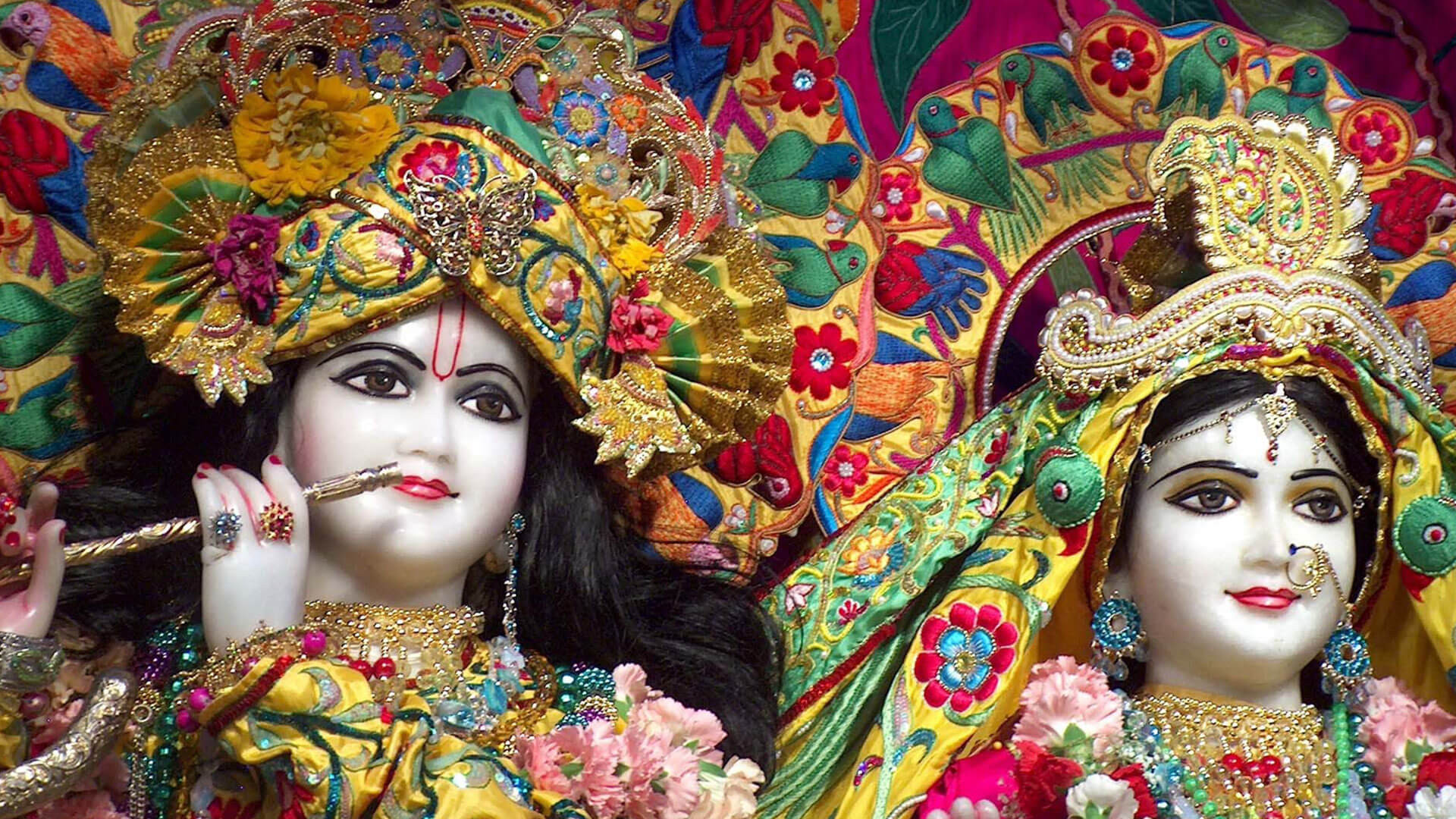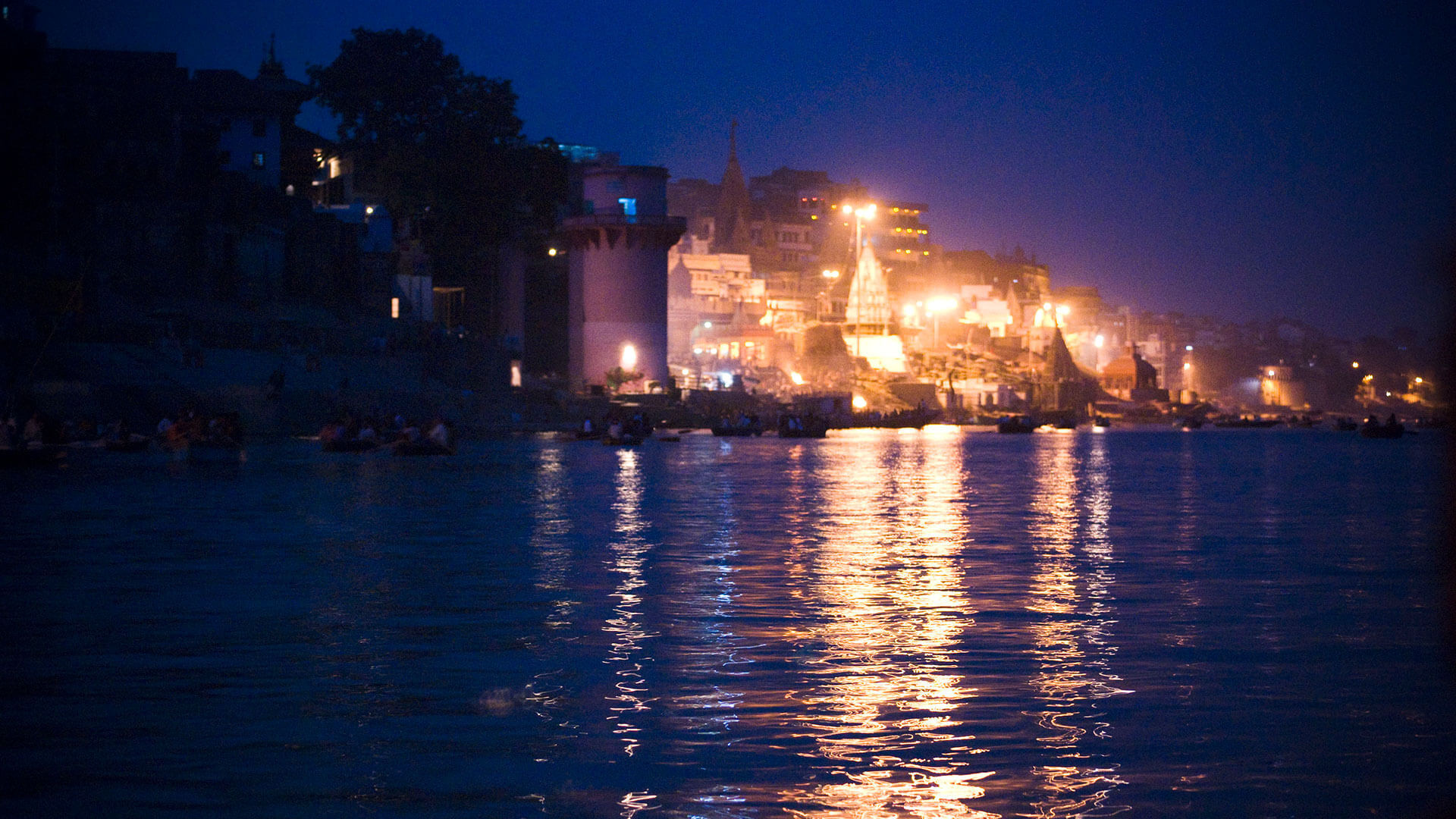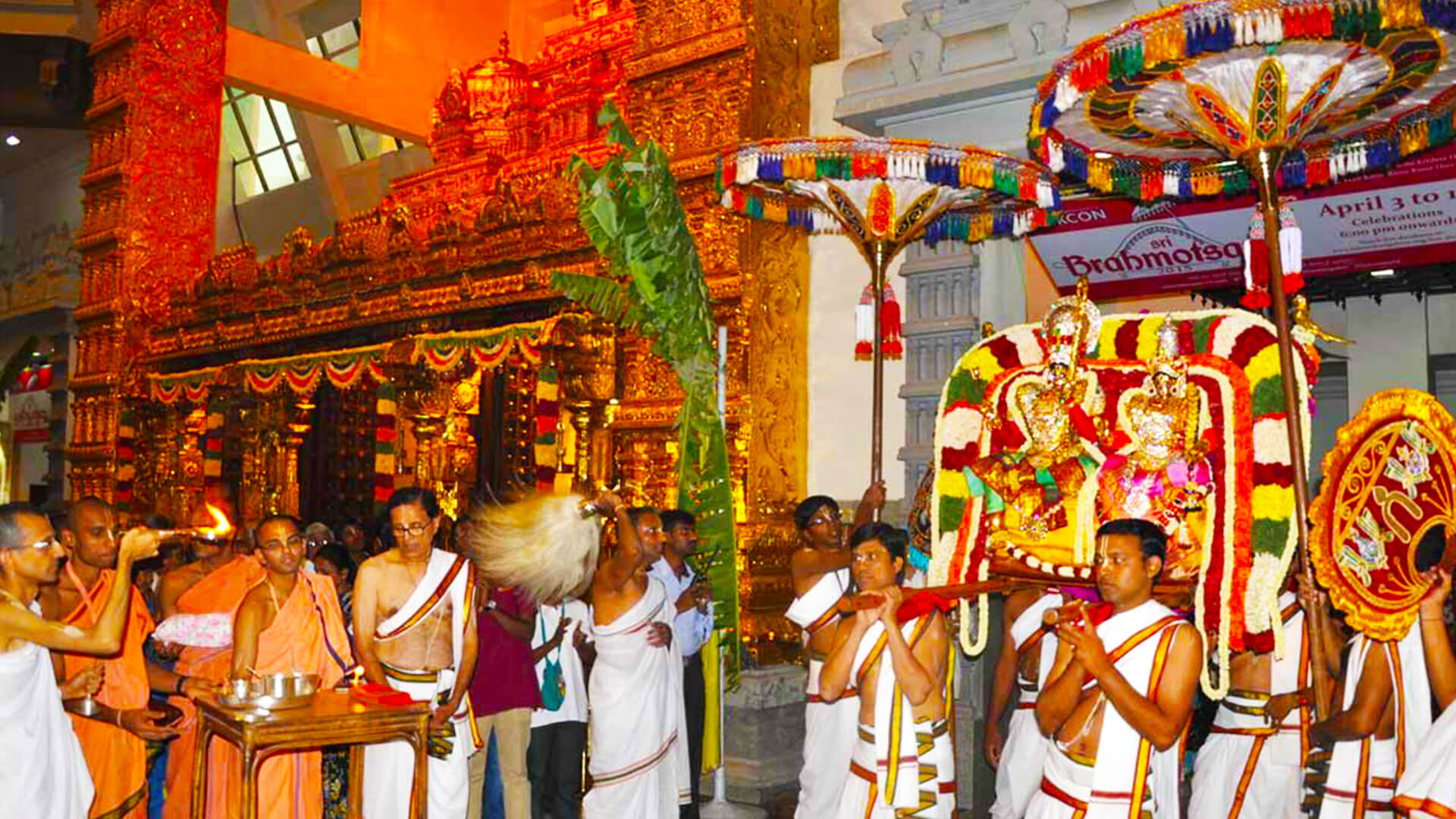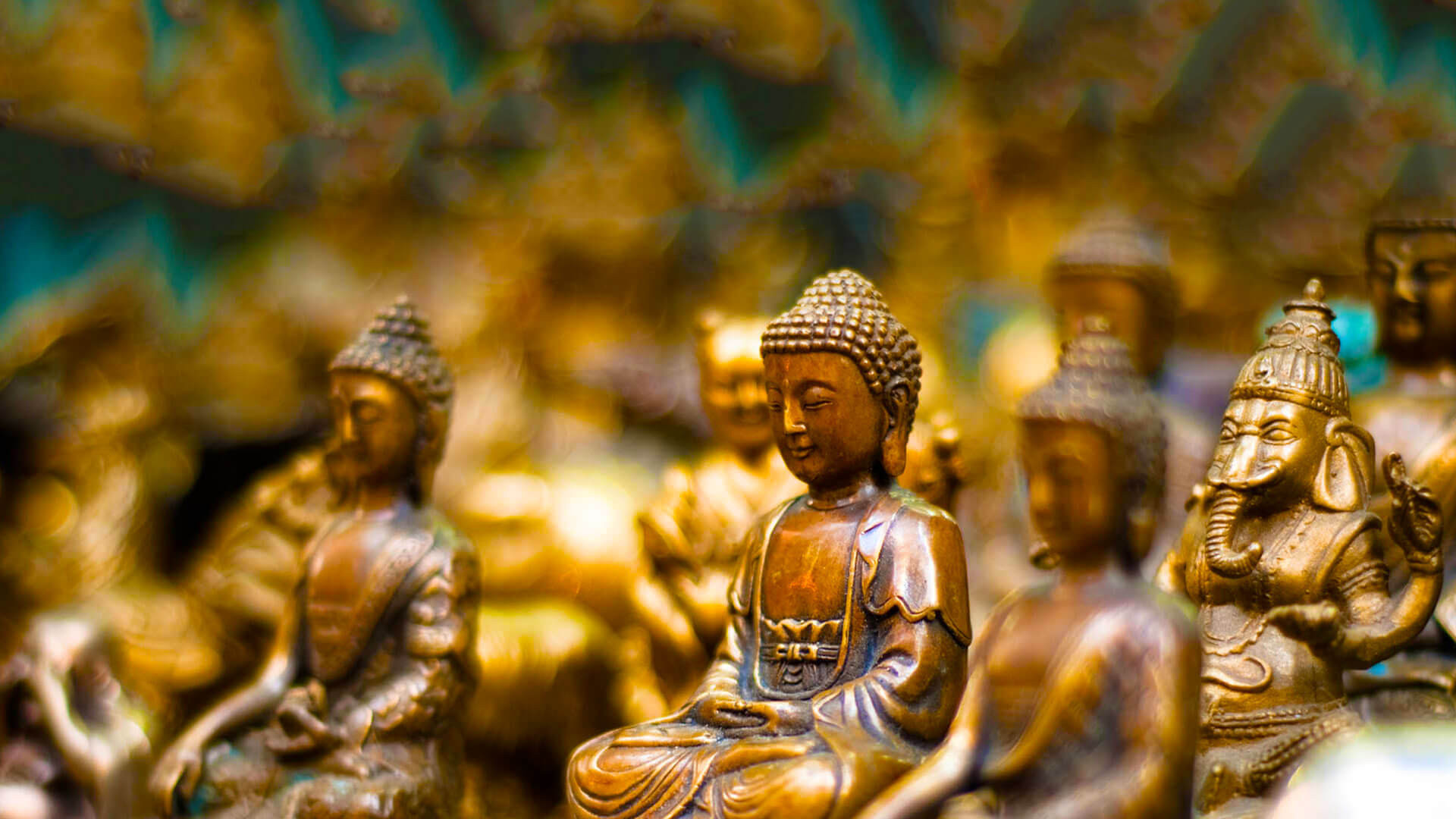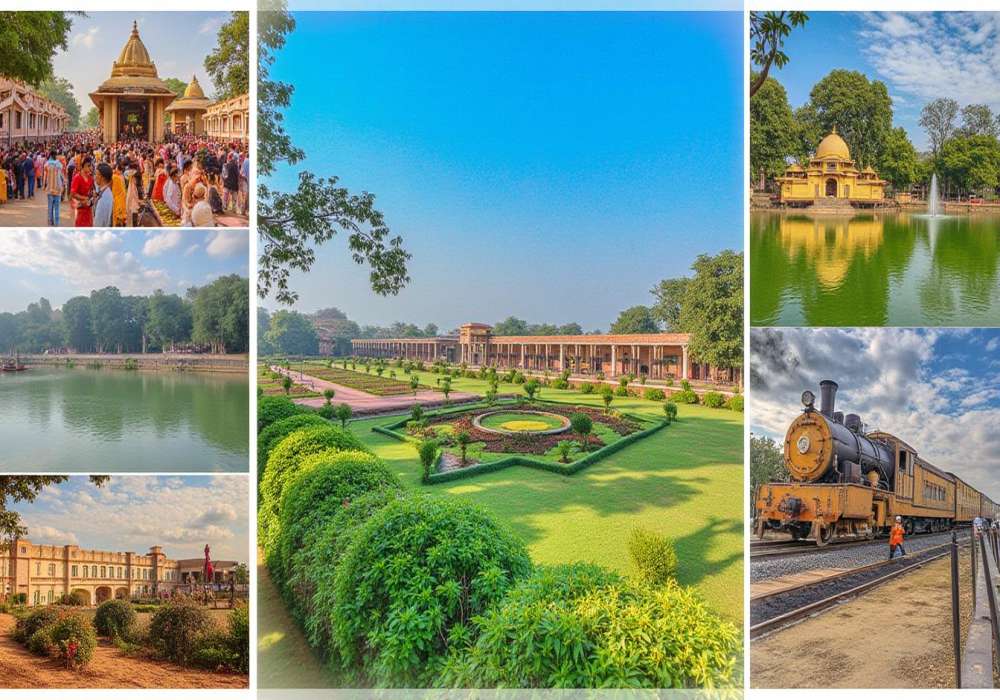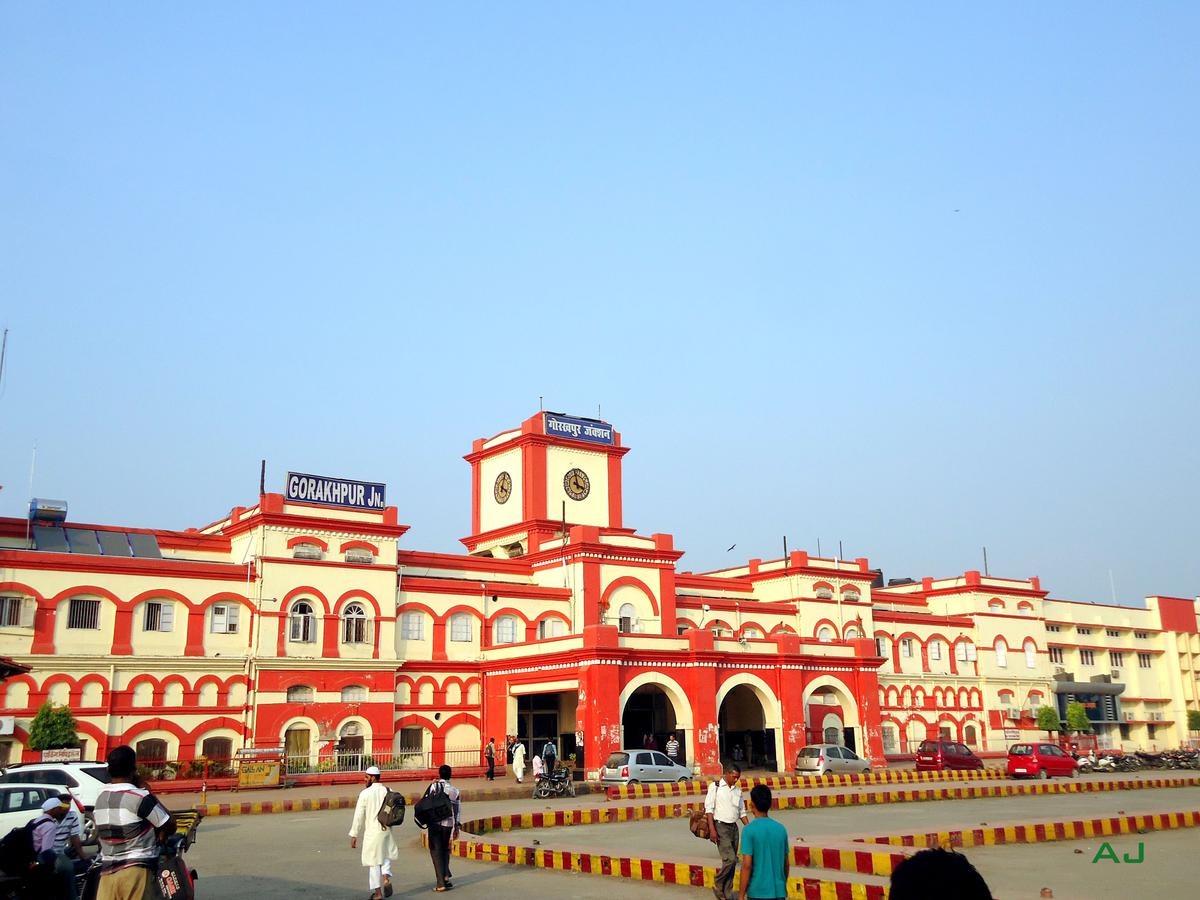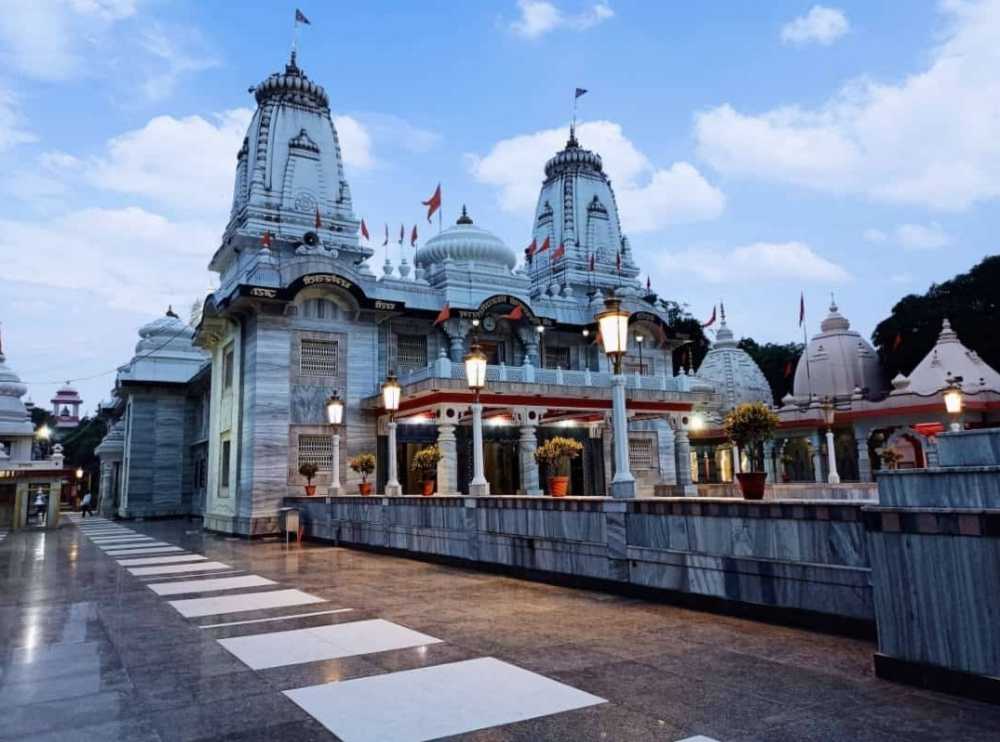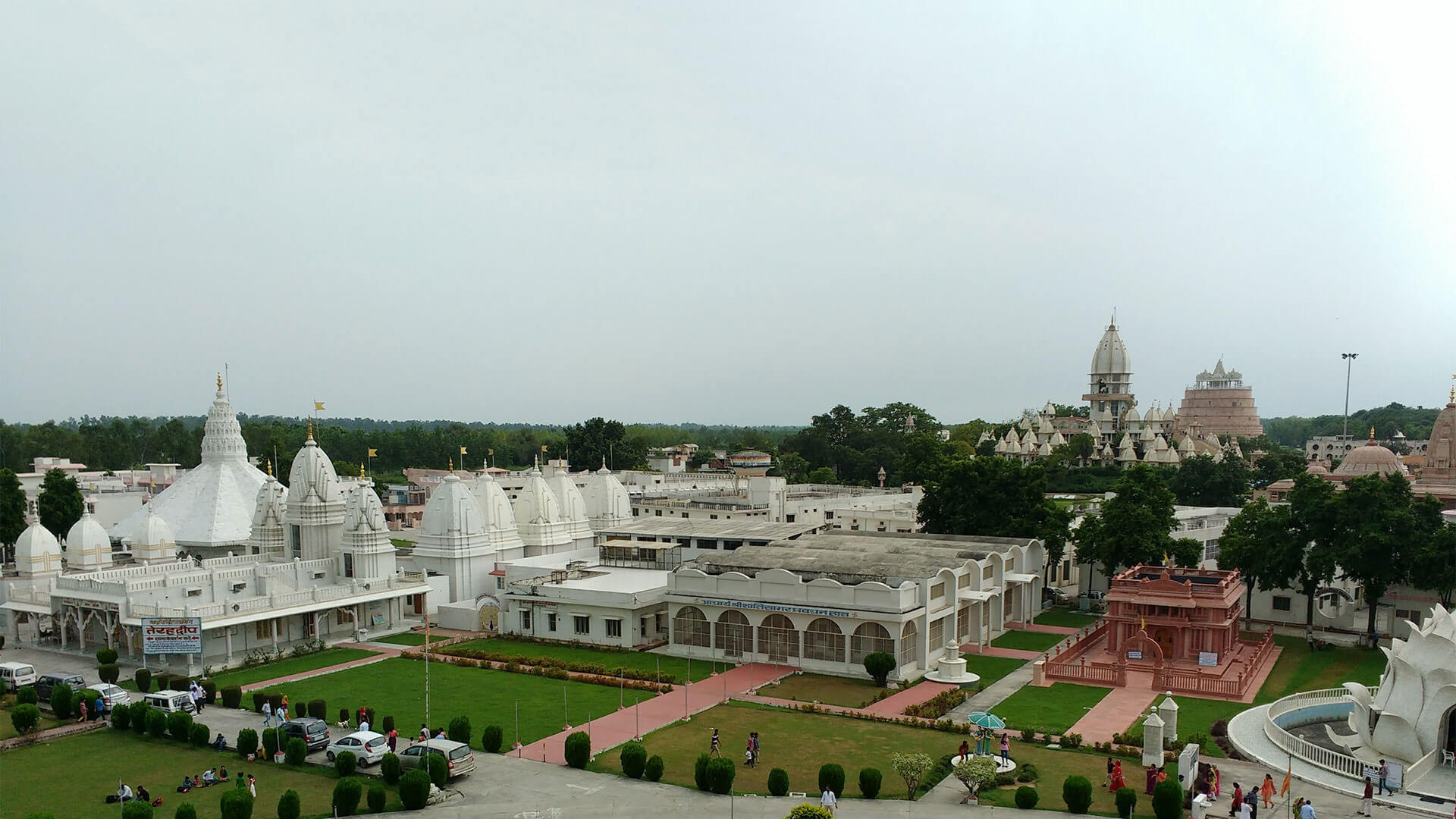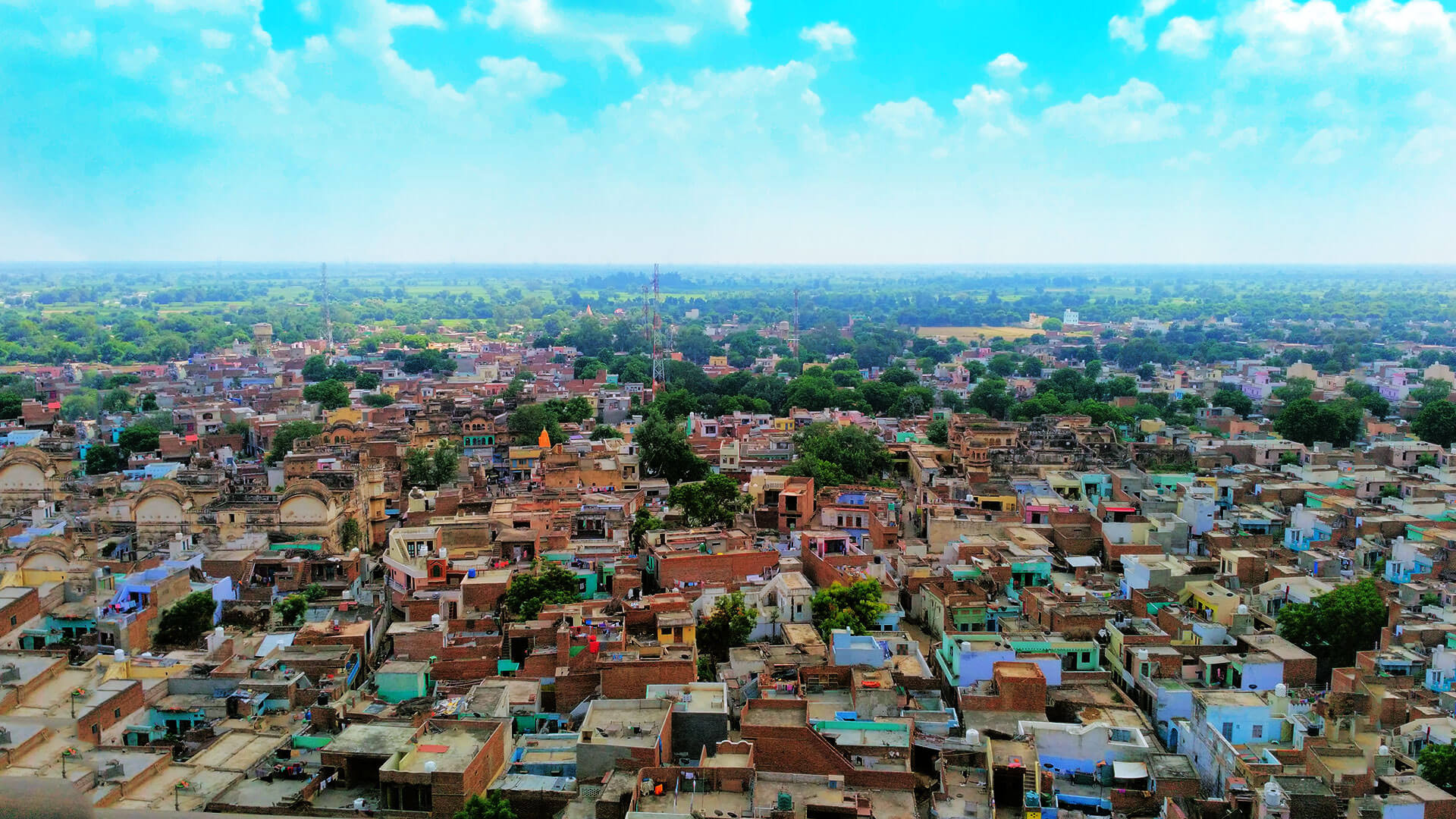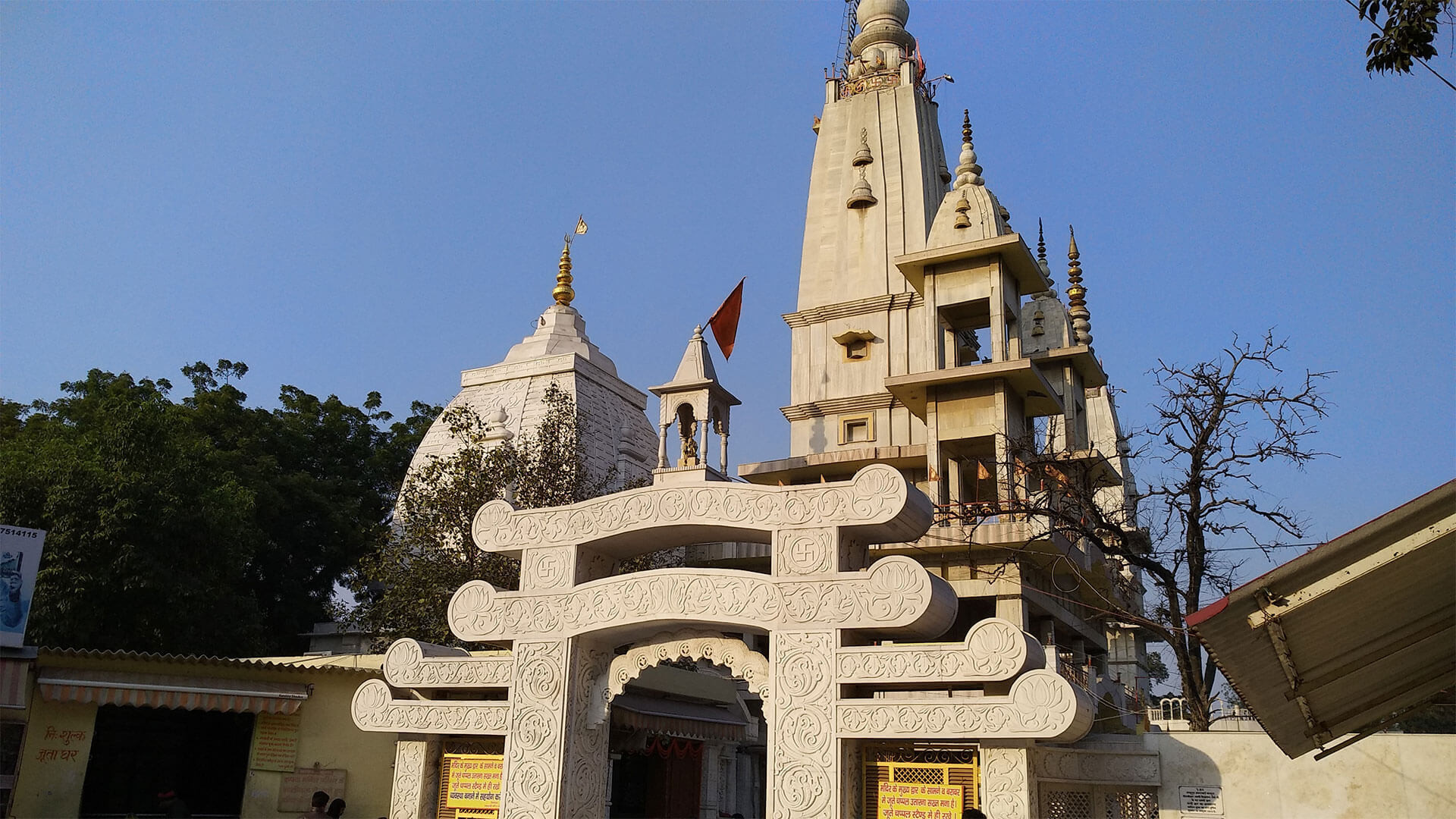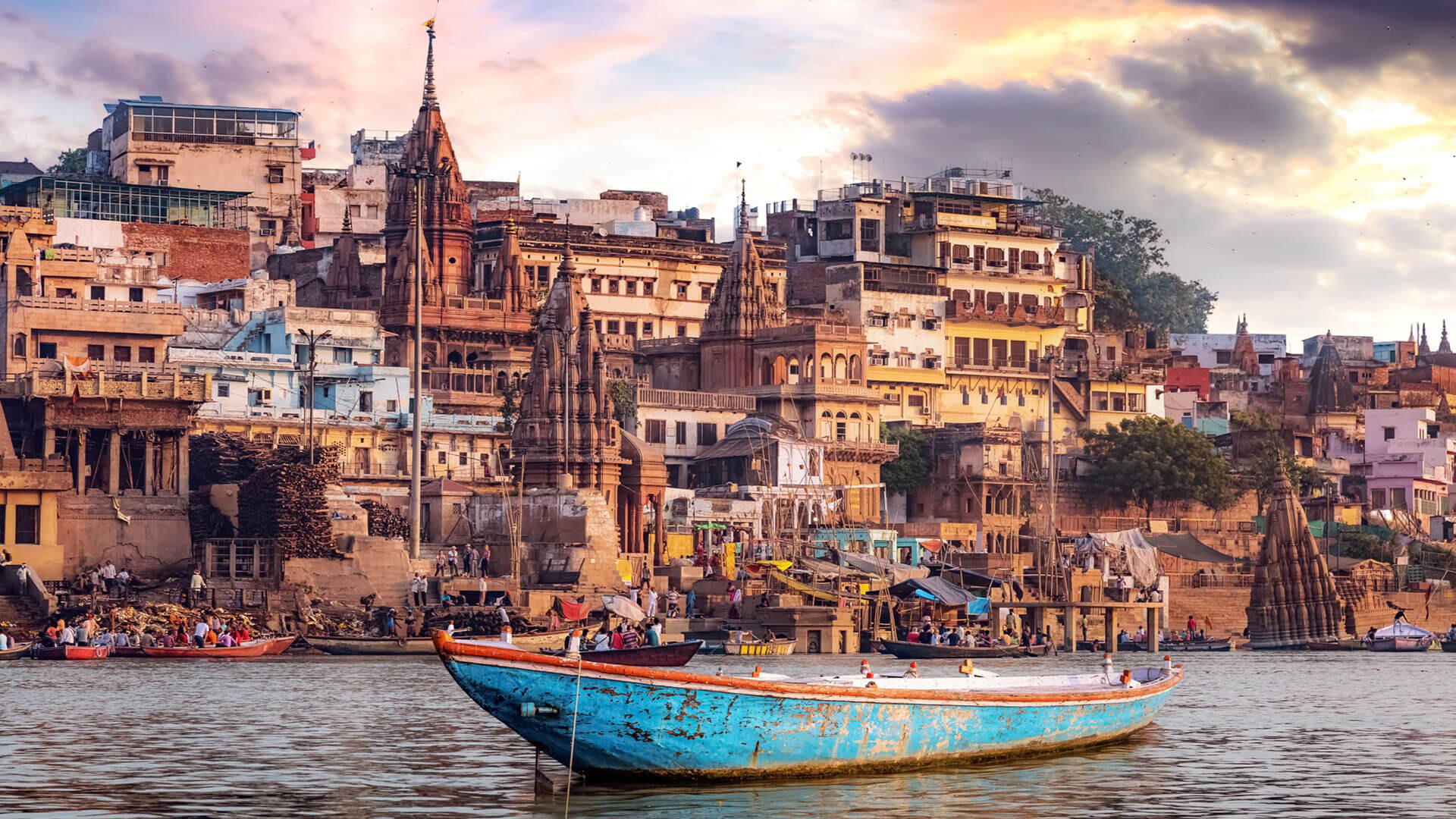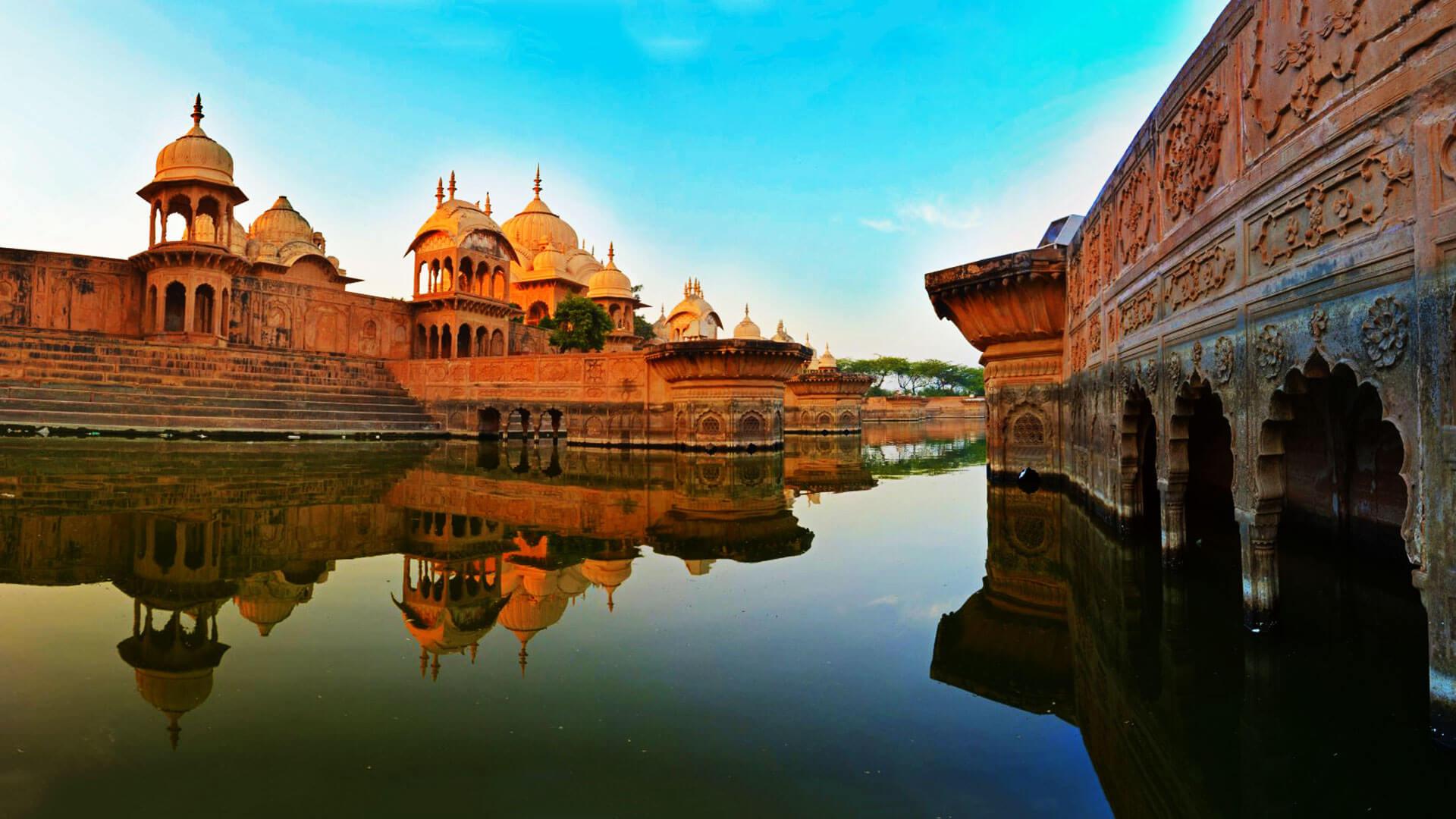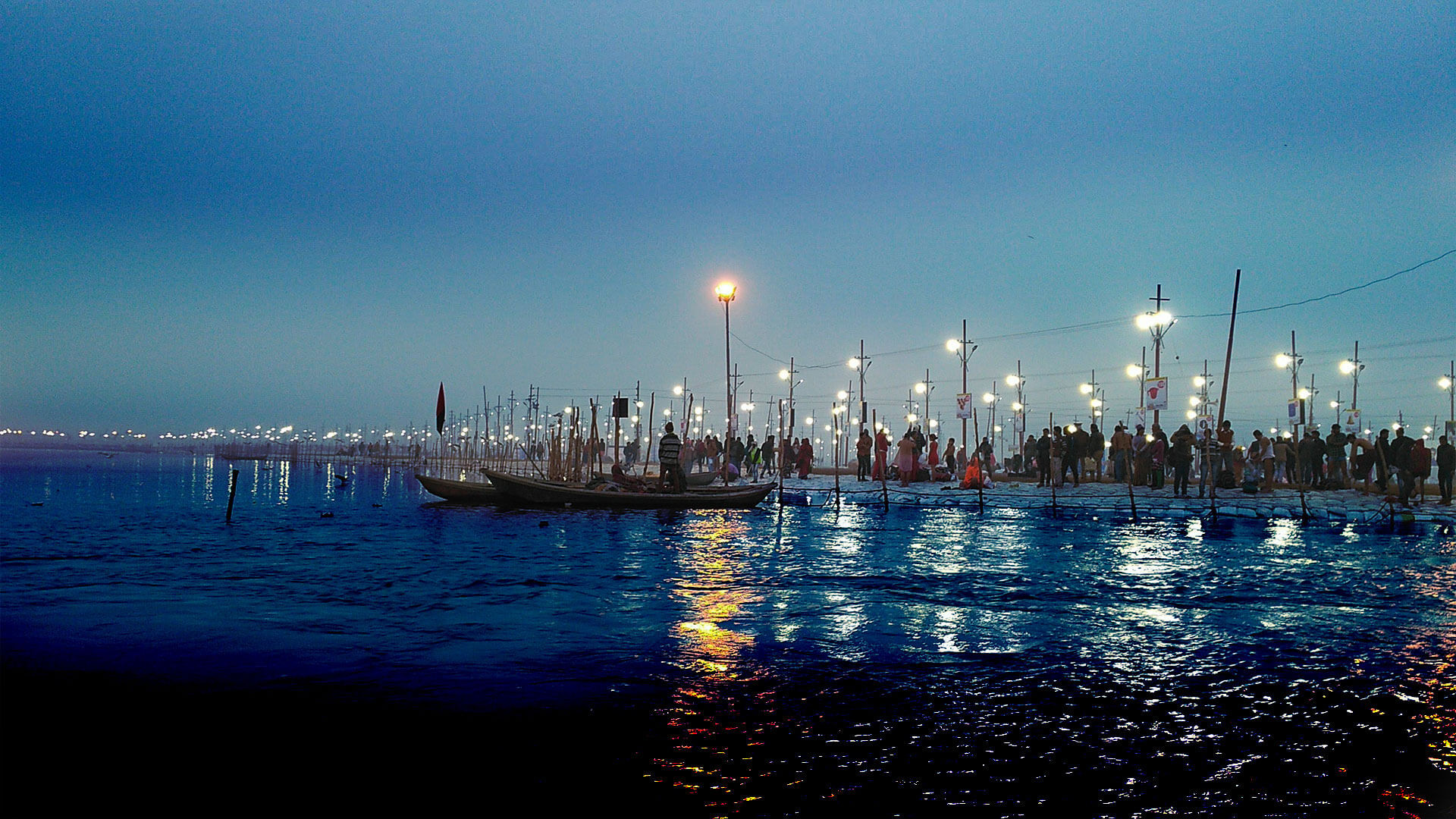Lucknow Travel Guide - The City of Nawabs
Lucknow is a city full of fascinating history and beautiful architecture. One of its most unique landmarks is the Charbagh Railway Station, which is known for its incredible design. When viewed from above, the station looks like a giant chessboard, with its pillars and domes resembling chess pieces in the middle of a game. This stunning structure was designed by J. H. Horniman and is considered one of the most beautiful railway stations in India.
Another remarkable landmark in Lucknow is the Husainabad Clocktower. Standing at 221 feet tall, it is one of the tallest clock towers in the country. The clock itself is designed to look like a 12-petaled flower, with a 14-foot pendulum swinging inside. This impressive structure is located next to the famous Rumi Darwaza and showcases a blend of Gothic and Victorian architecture. Visitors to Lucknow can't miss this towering symbol of the city's rich architectural heritage.
History
The capital of Uttar Pradesh, Lucknow, was once known as the Awadh region. Throughout history, it has been ruled by different rulers belonging to different cultures– from Mughals to British – all of whom have left an unerasable mark on the city’s culture.
Traditionally, the Lucknow we know today was once the capital of Awadh Pradesh. During the Mughal rule, Delhi Sultanate administered its whole region. Later on, it was ruled by Nawabs of Awadh. The city also came under British rule when Lord Clive collectively defeated troops of the Mughals, Nawab of Awadh, and Nawab of Bengal. Lucknow then went under the reign of the East India Company. It was ruled by the British Empire in 1857. In the coming few decades, the Khilafat movement, with the support of Maulana Abdul Bari, gained a lot of momentum and created a strong footing in the entire region. In 1920, Lucknow became the United Provinces’ provincial capital. United Provinces was later named Uttar Pradesh.
Why Visit Lucknow Though
Well, Lucknow stands out. Although it has a lot of cultural influence, it’s the Mughal culture that breathes through the city. Whether it’s their delirious cuisine, music or dance forms, or even the daily conversation language, the royalty with which Lucknow once thrived is still very much alive in all these facets of the city of Nawabs. And people, oh the people! These are some of the most courteous and warmest folks you’d find in and around India. To them, their guests are no less than Gods. Get them conversing with you, and you’ll surely be pampered by these incredibly sweet-spoken people. Promise!
Architecture is another factor that magnetically attracts people from across the globe. The detail, the nuances, and the vigour with which the Mughal monuments and structures were built now round up the tourist destinations of Lucknow any day.
Talking about the cuisine, let me tell you, the Mughals loved their food. And they desired it to look nothing less regal and not taste anything mediocre. The royal chefs of the time were, therefore, trained to make the dishes look grand and give them a special royal touch. And no, the tradition hasn’t been lost to this day and age as well. Chefs even today cook their Lucknow cuisine arduously to give it that distinct royal aura that you won’t find anywhere else.
Places to Visit in Lucknow
1. Bara Imambara
Bara Imambara is a magnificent architectural brilliance, it has more than just age-old designs to impress you with. When you’re here, you got to visit three of its specialties, aka its USPs. First, this architecture houses the mosque of Imami Hussain.
So you’ve to take off your shoes before entering the hall. It’s said that whoever can’t afford to visit Mecca and other Muslim religious significant places in Iran and Iraq, can come over here for their wish fulfilments. Also, the whole structure is made up of unconventional things like pulses, and even sugarcane. And guess what, nowhere in this 200-year-old sturdy structure was used a single iron rod!
Standing tall and strong, it also has the planet’s oldest human-made maze – its second gem. It’s said that there are over 1000 ways to enter the maze but there’s only one way to exit. So, if you go in there alone, you’re definitely going to get lost, unless of course, you have a smart guide by your side! Its architectural genius is such that, that when you’re inside the maze, you can even hear a person whispering, standing several feet away from you. Amazing, isn’t it?
Talking about its third wonder, Bowli is a place where you can watch people entering the structure by seeing their reflection in the water. CCTVs of old times, we can say.
2. Lucknow Zoo
Sited at the main center of the city, where one can view the amazing wildlife creatures; Lucknow zoo covers a land of 71.6 acres and earlier known as the Price of Wales Zoo. A large number of species can be seen in the zoo and some of them are Black Bear, Lion, Wolf, Blackbuck, Hog Deer, and so forth.
3. Rumi Darwaza
Rumi Darwaza is a magnificent regal arch-type gateway once used to be the gateway for the rich and royals of the time. That’s how glorious it was! It was constructed to mimic the architectural beauty of an already existing piece in (now) Istanbul. The time has nonetheless taken a toll on its epic beauty but its timeless glory still breathes through its brick and mortar. Arching the skyline of Lucknow skies, it’s, however, still a glorious badge in Lucknow’s identity.
4. Chota Imambara
Just a ten-minute walk away from Bara Imambara, there is standing the Persian and Indo-Islamic architectural marvel of Chhota Imambara. It’s one of the few places where you can peep into the Lucknow history just by basking in the glory of the architecture. Chhota Imambara is also quite significant from the religious point of view, for its walls are inscribed with Quranic verses in Islamic calligraphy.
And it’s not just exteriors, the interiors are equally, if not more, attractive. The intricate designs on the interior walls are breathtaking and remind us of the architectural intelligence of the old world. And everything just amps up come the festival time. Profuse decorations with chandeliers are just excellent, especially on Muharram. There’s a reason, visitors call it the ‘palace of lights’. Brownie points for you if you come here during the festive season.
5. Ambedkar Park
While other architectures draw tourists in with their structural beauty, Ambedkar park makes a mark on its visitors with its biographical collections and also the material that’s been used to construct it. Made up of sandstone from Rajasthan, it has a unique copper tinge that casts an ethereal view all around itself, especially if you visit in the evening light. And guess what, at the entrance welcomes you a total of 62 cute elephant statues. What’s better than that, right?
On the inside, this public park mainly tells the story of social workers from all walks of life and a myriad of different eras. And there’s, of course, a special emphasis on the life of Dr. Ambedkar. There’s this life-size bronze statue of him which is awe-inspiring. Also, there are numerous statues that depict many important moments from his life.
Events and festivals in & around Lucknow
1. Prayagraj Kumbh Mela
Kumbh Mela is one of the biggest religious events that take place in this world. It is known to be the largest human gathering on earth and hence is a unique event.
2. Lucknow Mahotsav
Organized every year, Lucknow Mahotsav is a 10-day celebration that is loaded up with brilliant exhibitions, delicious cuisines, a few intriguing contests, and a ton of enjoyment.
3. Dev Deepawali
The day the Gods descended to celebrate Dev Deepavali in Kashi, one must decide to be just there to fill in the divine energies and blessings.
Things to Do in Lucknow
- Explore Bara Imambara and its mysterious Bhulbhulaiya.
- Taste authentic Lucknowi cuisine, including Tunday Kababi’s galouti kebabs and biryani.
- Shop for Lucknow’s famous chikankari embroidery at Hazratganj and Aminabad.
- Take a heritage walk in old Lucknow, admiring the city’s Mughal and British-era buildings.
- Watch a live Kathak dance performance, a classical dance form that originated in Lucknow.
Best Time to Visit Lucknow
- Winter (October to March) - The best time to visit with pleasant weather (8°C to 25°C), perfect for sightseeing.
- Summer (April to June) - Hot and dry (28°C to 45°C), not ideal for travel.
- Monsoon (July to September) - Moderate rainfall; the city looks beautiful, but humidity is high.
How to reach Lucknow?
This wonderful city is a dream destination for a history buff. It is located at a distance of around 535, 1,377, 974, and 1,938 km from Delhi, Mumbai, Kolkata, and Bengaluru respectively. Let’s see what all the routes you can take to visit this incredible city! Here’s your Lucknow travel guide.
By Air
The major airport of Lucknow is Chaudhary Charan Singh International Airport aka Lucknow Airport. Located approximately 15 km from the city center, it’s very well connected to all the important destinations in India. Major airlines like Air India, Jet Airways, IndiGo, GoAir, and Air India Express operate frequent flights to and from major cities.
By Train
Lucknow is thoroughly connected to major cities in India via a rail network. The city has Charbagh Railway Station which is located right at the heart of the city. Other important railway stations in Lucknow are Lucknow Junction, Lucknow Junction NER, Lucknow NE, etc. There are also numerous AC special trains that run from Lucknow.
Here are some direct trains from the following cities to Lucknow:
- Delhi: Board Ljn Swran Shtbd from New Delhi and deboard at Lucknow NE
- Varanasi: Board Sadbhavana Exp from Varanasi City and deboard at Lucknow NR
- Agra: Board Gomti Express from Tundla Junction and deboard at Lucknow NR
- Kanpur: Board Udyog Nagri Exp from KANPUR CENTRAL and deboard at Lucknow NR
By Road
Coming to Lucknow via bus from nearby cities is a very viable option. A number of deluxe, luxury, Volvo buses are run at regular intervals from Lucknow to nearby cities. From New Delhi, the bus fares start from Rs. 500. From Kanpur, the bus fares start from Rs. 250. From Varanasi, the bus fares start from Rs. 550. From Agra, the bus fares start from Rs. 500.
You can also reach by your own vehicle or a hired car via the following routes.
- Delhi - 554 km via Taj Express Highway and Agra - Lucknow Expy
- Kanpur - 101 km via NH27 and NH230
- Agra - 340 km via NH19 and Agra - Lucknow Expy (336 km)
- Varanasi - NH19 (320 km), NH31 (305 km), and NH731 (318 km)
Frequently Asked Questions about Lucknow
Q1: What is Lucknow famous for?
A1: Lucknow is famous for its rich history, beautiful architecture, delicious cuisine, and vibrant culture. It is also known as the "City of Nawabs" and is renowned for its Mughlai cuisine, classical music, dance, and poetry.
Q2: What are the must-visit places in Lucknow?
A2: Some must-visit places in Lucknow include the Bara Imambara, Chota Imambara, Rumi Darwaza, Husainabad Clocktower, and the British Residency. The city also boasts beautiful gardens like the Ambedkar Memorial Park and the Lucknow Zoo.
Q3: What is special about the Charbagh Railway Station in Lucknow?
A3: The Charbagh Railway Station in Lucknow is special for its unique design, which resembles a giant chessboard when viewed from above. Designed by J. H. Horniman, it is considered one of the most beautiful railway stations in India.
Q4: What is the best time to visit Lucknow?
A4: The best time to visit Lucknow is during the winter months, from October to March, when the weather is cool and pleasant for sightseeing.
Q5: What is the significance of the Husainabad Clocktower in Lucknow?
A5: The Husainabad Clocktower is significant for being one of the tallest clock towers in India, standing at 221 feet. It is a fine example of Gothic and Victorian architecture and features a clock with a 14-foot pendulum designed as a 12-petaled flower.
Q6: What are some popular foods to try in Lucknow?
A6: Popular foods to try in Lucknow include kebabs (like Tunday Kababi), biryani, nihari, kulfi, and a variety of traditional sweets. The city is known for its rich and flavorful Mughlai cuisine.
Q7: What is the Rumi Darwaza, and why is it important?
A7: The Rumi Darwaza is an iconic gateway in Lucknow, built in the 18th century. It is an example of Awadhi architecture and is often referred to as the "Turkish Gate." It is a symbol of the city's rich heritage and history.
Q8: How can I experience the cultural heritage of Lucknow?
A8: To experience the cultural heritage of Lucknow, you can explore its historical monuments, enjoy traditional dance and music performances, visit local bazaars, and indulge in the city's famous cuisine.
Q9: What is the history of Lucknow's Bara Imambara?
A9: The Bara Imambara was built in 1784 by Nawab Asaf-ud-Daula as part of a relief project during a famine. It is famous for its large central hall, the Bhulbhulaiya (a complex labyrinth), and its unique architecture that does not use any beams or metal supports.
Q10: What languages are commonly spoken in Lucknow?
A10: The commonly spoken languages in Lucknow are Hindi and Urdu. English is also widely understood, especially in tourist areas and among the younger population.
Popular Packages
Blogs
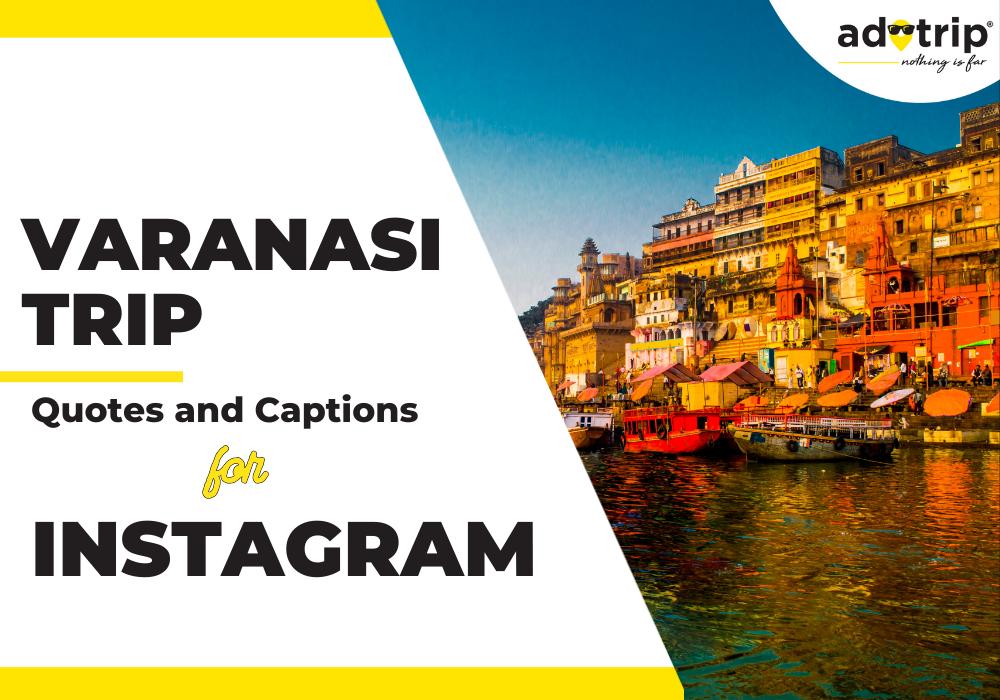
Varanasi Trip Quotes And Caption For Instagram
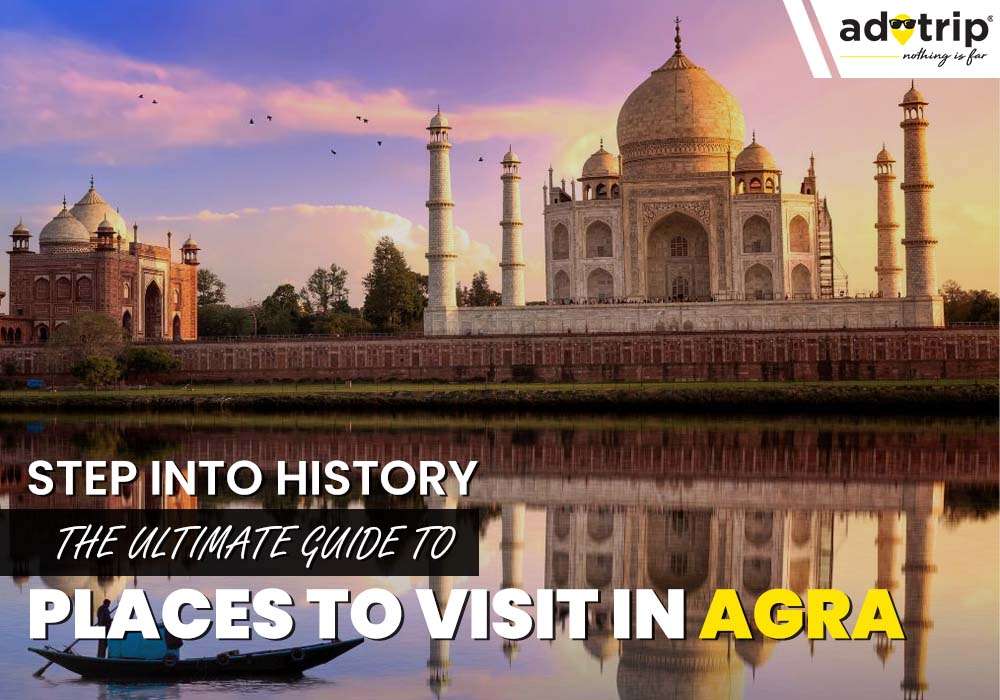
17 Best Places To Visit In Agra 2025
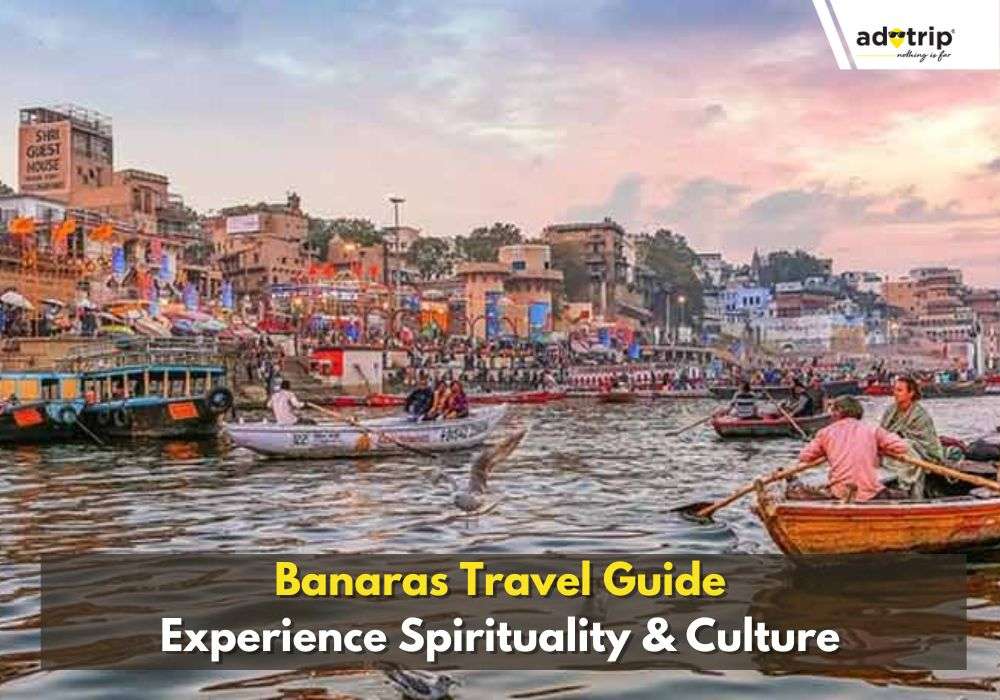
Banaras Travel Guide: Experience Spirituality & Culture
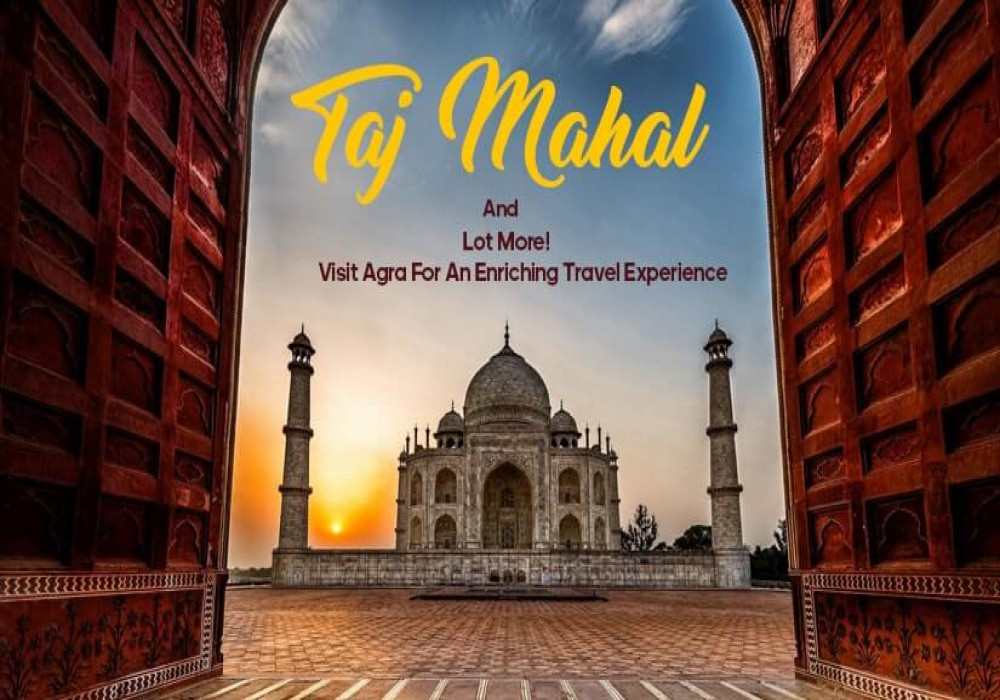
Best Things To Do In Agra Other Than Witnessing Taj Mahal
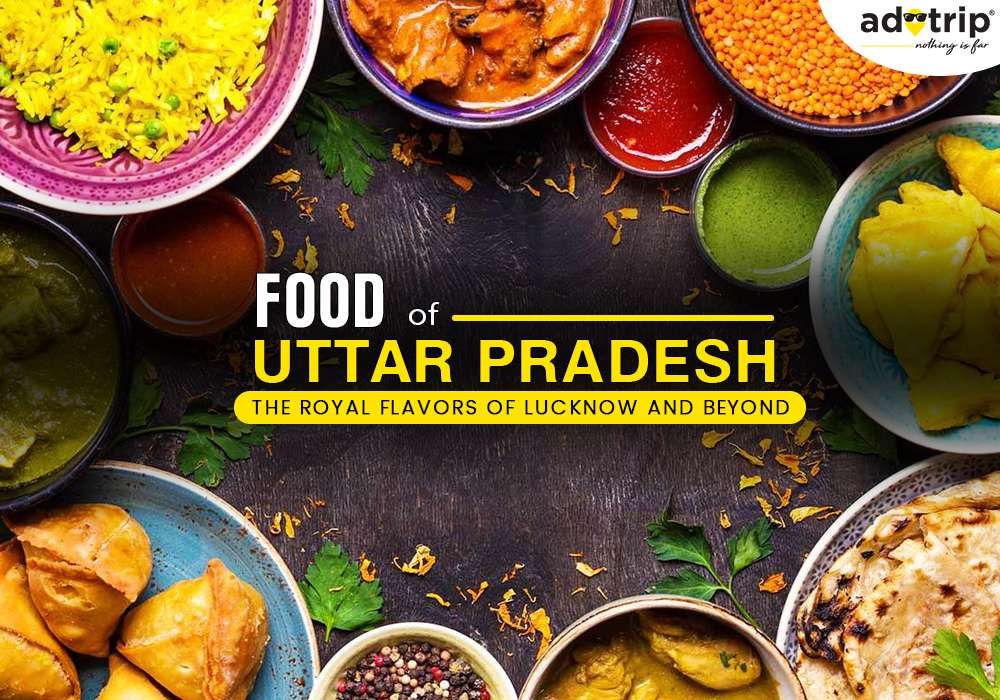
10 Famous Food Of Uttar Pradesh You Must Try In 2025
Nearby Stays
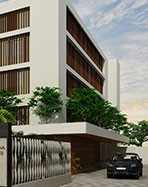
Levana Suites
Next to Pat A Cake, 18, Madan Mohan Malviya Marg,...
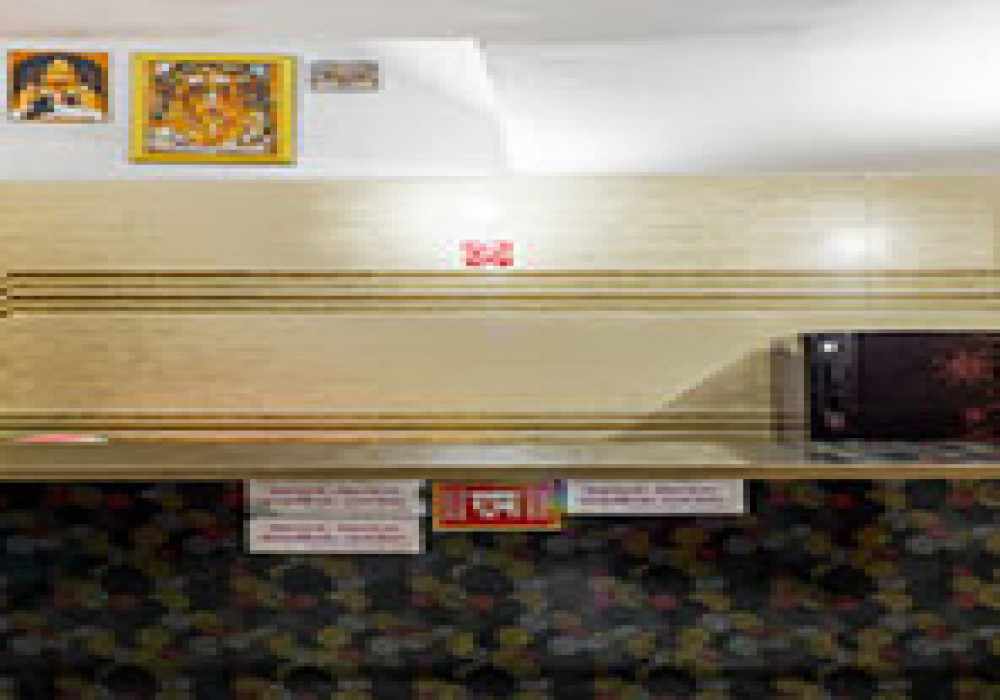
SPOT ON 61262 Bhagat Ji Guest House
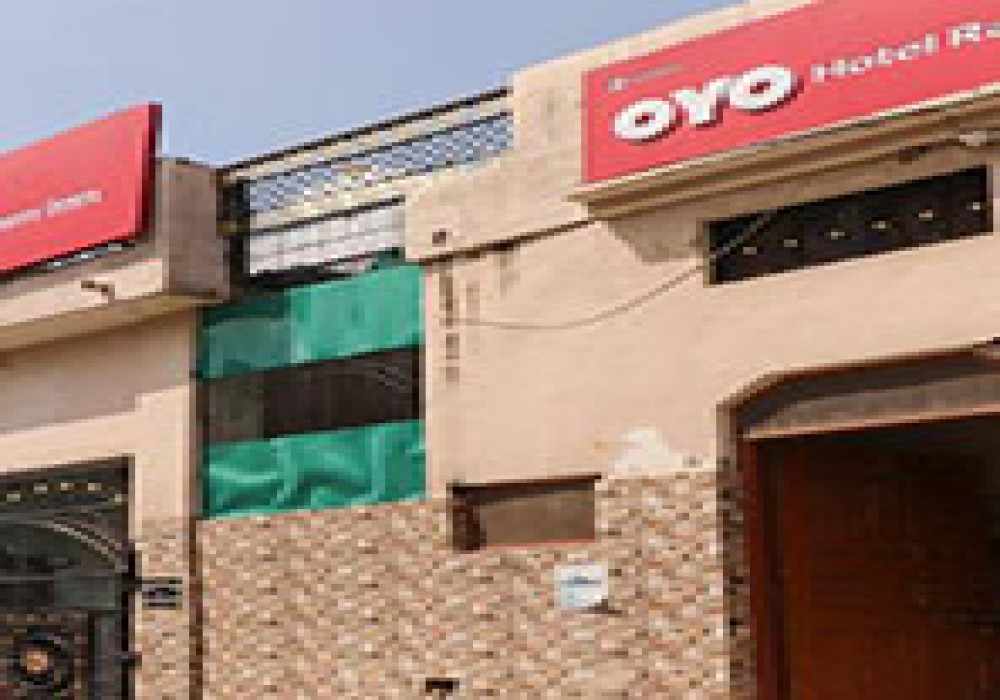
Hotel Ram Inn Saver
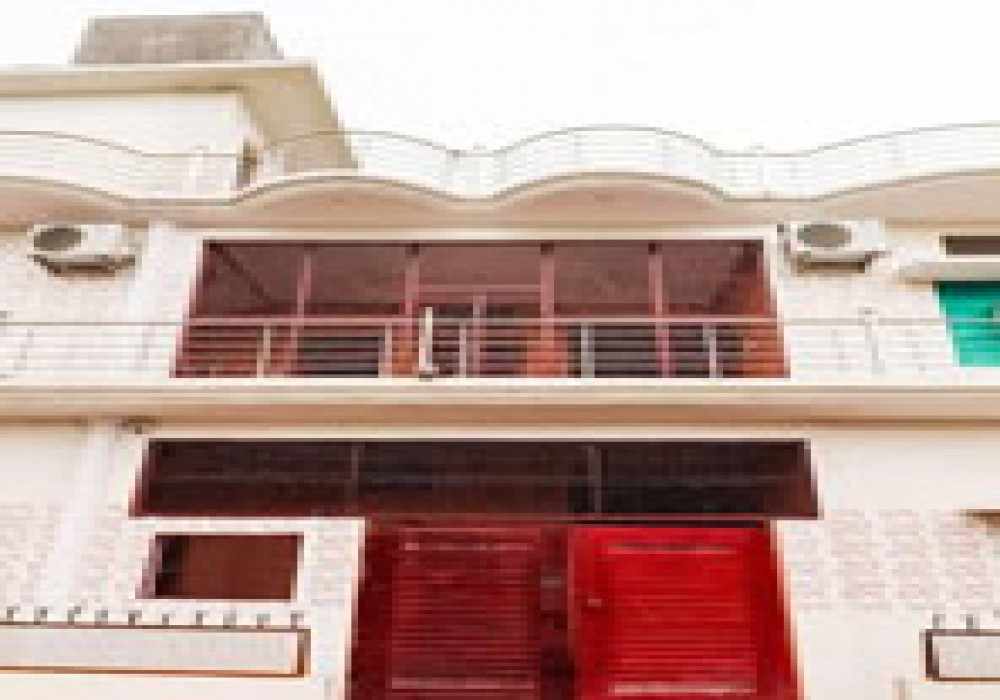
Hotel Balaji Palace
